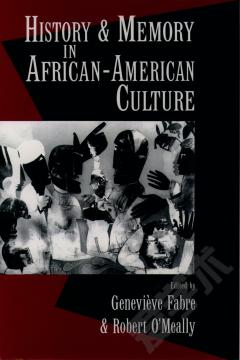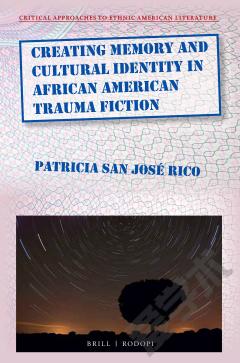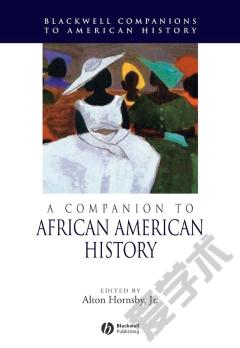History and Memory in African-American Culture
As Nathan Huggins once stated, altering American history to account fully for the nation's black voices would change the tone and meaning-the frame and the substance-of the entire story. Rather than a sort of Pilgrim's Progress tale of bold ascent and triumph, American history with the black parts told in full would be transmuted into an existential tragedy, closer, Huggins said, to Sartre's No Exit than to the vision of life in Bunyan. The relation between memory and history has received increasing attention both from historians and from literary critics. In this volume, a group of leading scholars has come together to examine the role of historical consciousness and imagination in African-American culture. The result is a complex picture of the dynamic ways in which African-American historical identity constantly invents and transmits itself in literature, art, oral documents, and performances. Each of the scholars represented has chosen a different "site of memory"-from a variety of historical and geographical points, and from different ideological, theoretical, and artistic perspectives. Yet the book is unified by a common concern with the construction of an emerging African-American cultural memory. The renowned group of contributors, including Hazel Carby, Werner Sollors, Veve Clark, Catherine Clinton, and Nellie McKay, among others, consists of participants of the five-year series of conferences at the DuBois Institute at Harvard University, from which this collection originated. Conducted under the leadership of Genevieve Fabre, Melvin Dixon, and the late Nathan Huggins, the conferences-and as a result, this book-represent something of a cultural moment themselves, and scholars and students of American and African-American literature and history will be richer as a result.
{{comment.content}}








 京公网安备 11010802027623号
京公网安备 11010802027623号